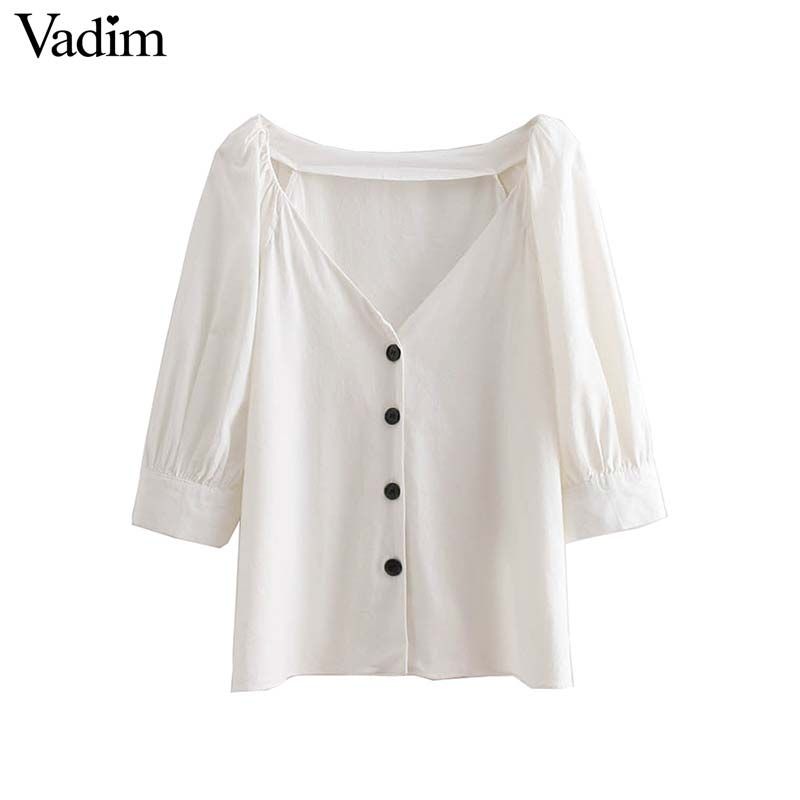
When we were young we could jump into the river from our jetty for a bit of swimming, without any fear. It was a great childhood growing up by the banks of the Rajang.
One of the special memories I have of staying at my grandmother's house in Nang Chong was our Foochow expression of Oh Yang Duong Wang, or bend of the river.
or in Iban, a Tanjong.
Many Foochow houses were built in the safer part of the river, i.e. the depostional bend of the river. No one would build their houses on the erosional arm of the river.
Hence from my grandmother's house we could see the bend of the river. Boats or motor launches were heard even before we saw them. And we prided ourselves from recognising the identity of the boats.
We would shout, now that's the Sing Hai Hong coming next. Of course their timing would have given us a clue.
And then we would be so happy. We would also know when our Grandmother would be coming home. And she would more often than not take the Sing Hai Hong. So minutes before she arrived, we knew and got ready to welcome her at the jetty, ready to carry her basket, her purchases and even ready to help her open her umbrella.
We kids formed such great Welcoming Committee. This was one of our joys of growing up together in Nang Chong.
















